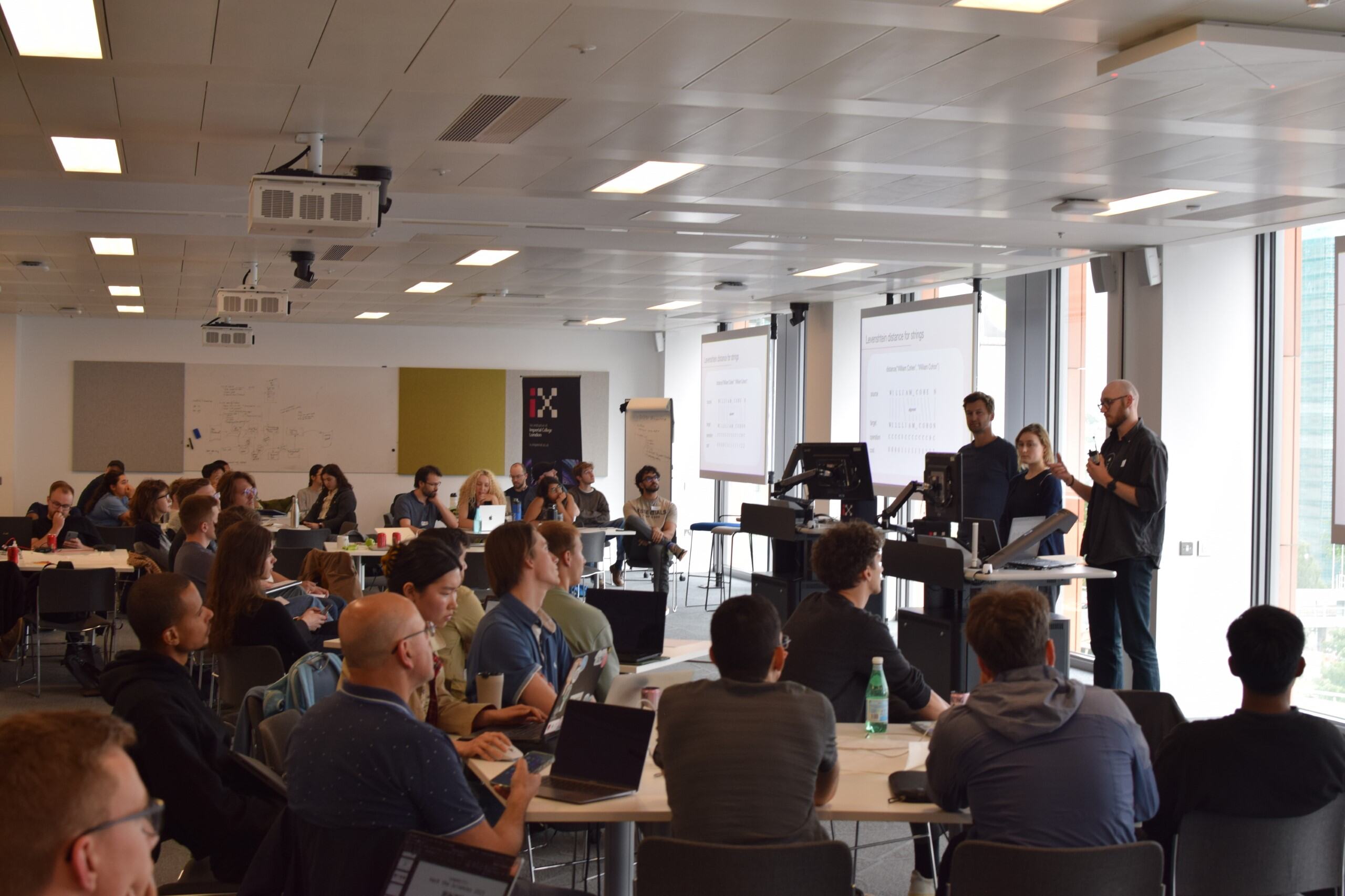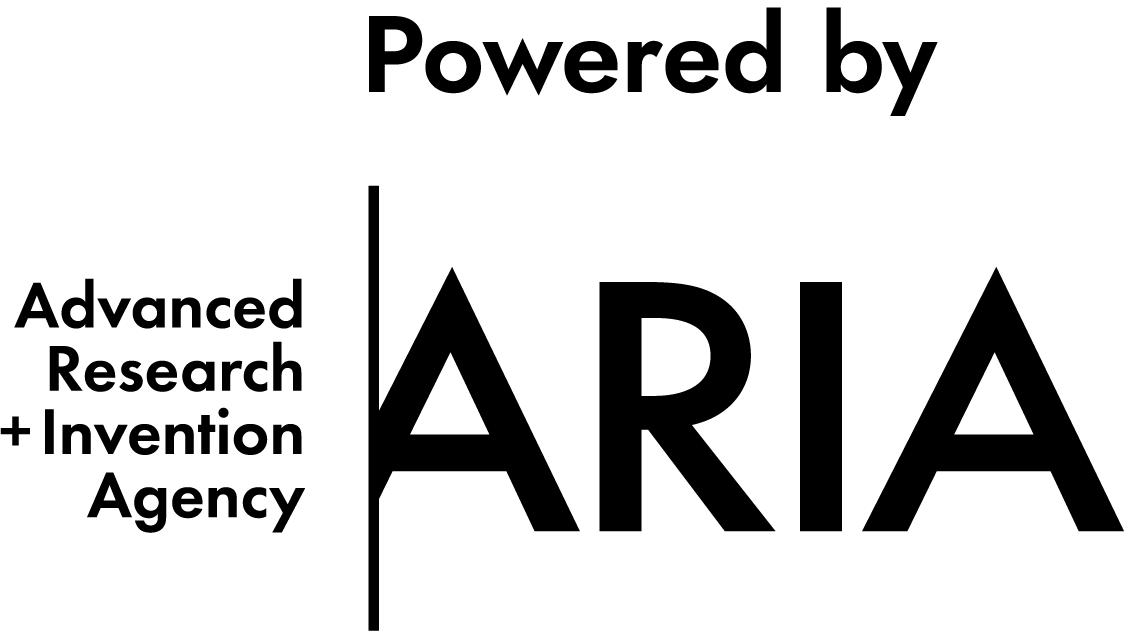Science through Computation Initiative
We are a group of 15 computational natural scientists working across the UK and meeting in London - united by a mission to accelerate scientific discovery through computational methods and tools. Founded in 2024, our collective brings together experts from chemistry, biology, computer science, and physics.
We focus on computational motifs – shared patterns and challenges that appear across scientific disciplines. By identifying and solving these core bottlenecks, we can create impact at scale, accelerating discovery across multiple fields simultaneously. This interdisciplinary approach allows us to spot opportunities that might be missed when working within traditional boundaries.
Our Mental Framework
Our approach systematically breaks down the scientific pipeline into three core components: exploration, collaboration, and experimentation, examining how computational advances can transform each stage. We analyze fundamental bottlenecks and identify computational solutions, developing both practical tools for immediate acceleration and novel algorithms that enable entirely new ways of conducting science.

This dual focus - on both enhancing existing processes and pioneering new computational methodologies - allows us to work toward both immediate improvements and transformative breakthroughs in how computational science is conducted across disciplines.
Events & Workshops
London: Hack The Sciences
This June, we hosted Hack the Sciences London, bringing together 70+ attendees for two days of intensive hacking on computational tools for science. Powered by ARIA, future.bio, and IQ Capital, with support from Leap Labs, ScienceMachine, and Modal.

The event kicked off with inspiring talks from Petar Veličković (Google DeepMind), Namshik Han (Milner Therapeutics Institute), Laura Porta (Sainsbury Wellcome Centre), Steven Bennett (Orbital Materials), and Alexander Pomberger (ReactWise).
Over the weekend, 12 interdisciplinary projects emerged. The winning teams were:
- ForGit About It! (Judge Prize, £500): LLM-powered version control that automatically tracks and commits code without user input.
- ELIE (Judge Prize, £500): An adaptive explanation engine enabling interdisciplinary scientific communication.
- Enzyme-QM (Community Prize, £250): Automates generation of transition state data for enzyme design.
- Protocompare (Community Prize, £250): Transforms protocols into searchable formats with similarity metrics and safety scores.
Special thanks to our SF winners Jesse Cotari and Jeff Gerold who joined us from California, and to our organising team: Wojtek, Aleksy, Jascha, Inga, Jakub, Kieran, Rory, Danyal, and Eva.
San Francisco Workshop
This March, we brought our team to the Bay Area for a 2-day workshop focused on computational approaches to accelerating scientific discovery. Hosted by our good friends at pebblebed.

It was wonderful to bring the academic and tooling communities together to accelerate science. A quick summary of some of the day's projects:
- GreatProtocols (Winner!): AI-driven documentation tool ensuring complete and precise recording of experimental procedures.
- LikeMinds: Discover collaborators or competitors based on similar scientific interests from BlueSky likes.
- Deep-Critic: An LLM ensemble for reviewing academic papers.
- BYOL Hierarchy: Creation of hierarchical BYOL embeddings for long-range reasoning.
- MINERVA: Automated generation of causal graphs offering alternative hypotheses for observed outcomes.
- Basemotif: A team chat app which connects to scientific datasets, experiment orchestration, and literature.
The winners are joining us for a UK edition of this hackathon!
Who We Are
Interested in our work? We'd love to hear from you.
Kristina Kordova
University of Cambridge
Biology
Michał Wójcik
University of Oxford
Neuroscience
Puria Radmard
University of Cambridge
Neuroscience
Eva Sevenster
University of Bristol
Neuroscience
Austin Mroz
Imperial College London
Chemistry
Dan Akarca
Imperial College London
Neuroscience
Martin Buttenschoen
University of Oxford
Biology
Filip Szczypiński
Durham University
Chemistry
Jonathon Langford
Imperial College London
Physics
